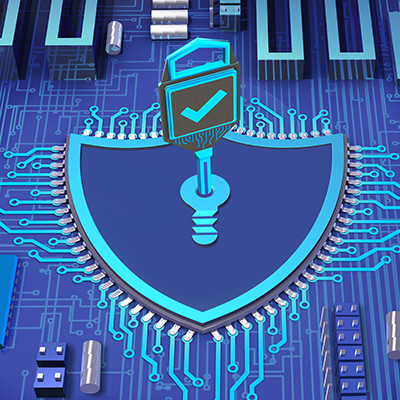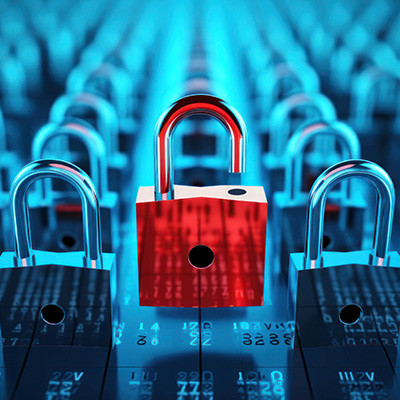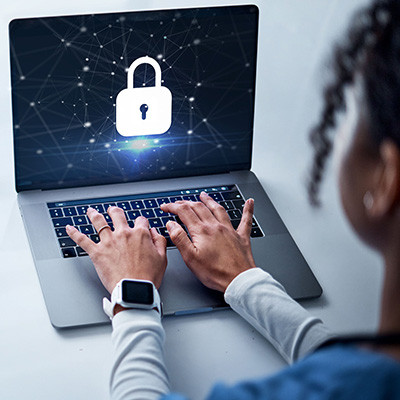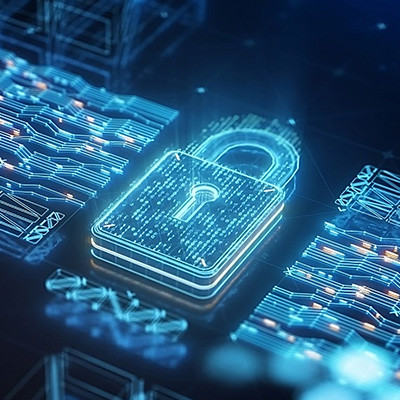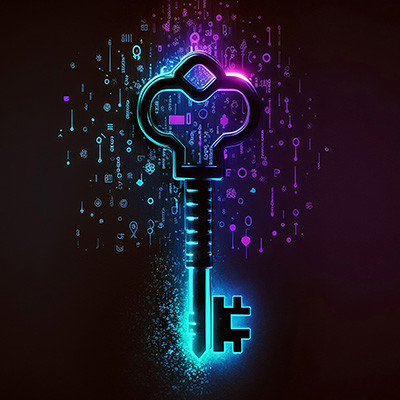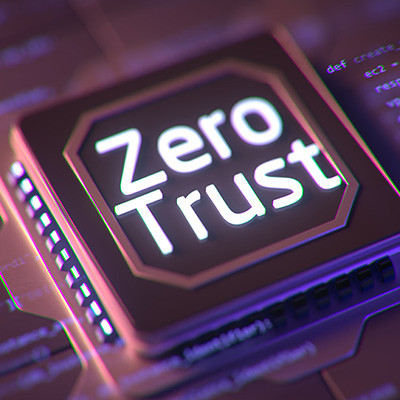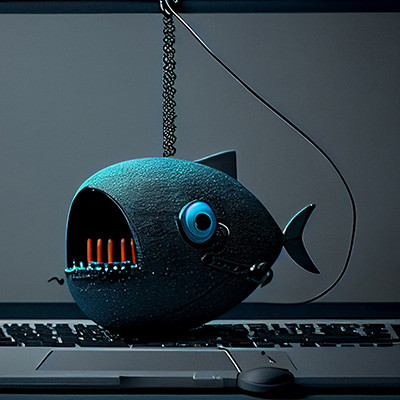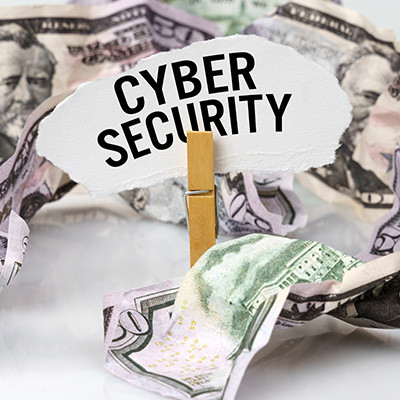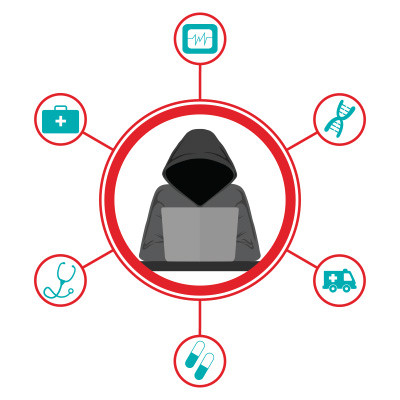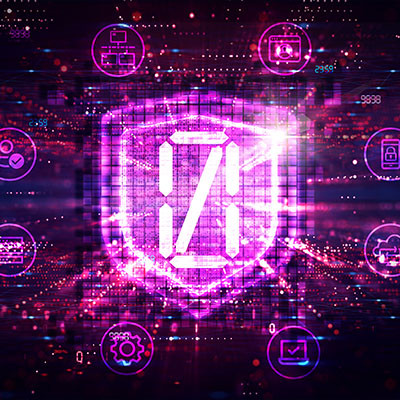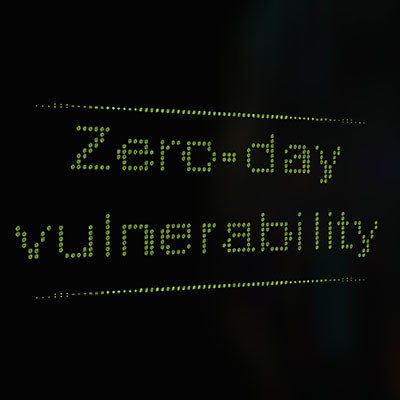- Register
- Login
Texas Professional IT Services LLC Blog
The Internet allows online transactions to take place, but they must be properly protected so that hackers and cybercriminals don’t make off with your sensitive data. Here are some simple ways you can ensure that your business is protecting its online transactions.
Cybercrime is a concern for businesses of all—and we mean all—sizes, from the small mom-and-pop shop down the road to the multinational enterprises, and it’s a concern for a variety of reasons. Let’s take a look at some of the reasons that these massive businesses worry about cyber incidents and see if there isn’t some common ground.
If you read our blog regularly, you probably saw the post we shared the other day talking about the various cybersecurity issues that your business could very well be damaged by without the right precautions. We wanted to build on that conversation, so what follows are the measures to help you take these precautions.
Cyberattacks are horrifically dangerous to any business, especially for small ones that might not have the resources to protect themselves with top-dollar solutions or preventative solutions to bounce back afterward. Today, we want to explore what really causes cyberattacks and how even slight changes to behaviors and situations can be indicative of danger.
Many individuals are concerned about the future of AI, including the White House, which encouraged companies like Amazon, Anthropic, Google, Inflection, Meta, Microsoft, and OpenAI to commit to helping with the management of artificial intelligence. Other companies, including Adobe, Cohere, IBM, Nvidia, Palantir, Salesforce, Scale AI, and Stability, have joined in this pledge to maintain “the development of safe, secure, and trustworthy AI,” according to the White House.
A major nonprofit has disclosed a major data breach that has affected 890 schools across the United States. The National Student Clearinghouse (NSC) has announced that they have been the victim of a data breach that has put its clients’ data at risk. Let’s take a look at what this means.
Let’s talk a little bit about deepfakes. If you aren’t aware of this technology, deepfakes are essentially synthetic media. Typically they come in the form of videos or images that use artificial intelligence (AI) to replace a person’s likeness with another’s. With deepfake technology, people can convince an audience that a person said something they didn’t say. This deliberate digital subterfuge can bring with it a whole lot of problems. This week we will outline a few of them.
With Cybersecurity Awareness Month just around the corner, now seems to be the appropriate time to consider your own business’ cybersecurity. While there are many, many factors that contribute to how protected your business is against threats, one of the most impactful and insidious is how receptive your employees are (or aren’t) to security-centric behaviors.
Data privacy has never been such an important issue for businesses and individuals alike. In some places, calls for overarching legislation to protect consumers have often been met with significant pushback by lawmakers who are reluctant to put extra regulations on businesses, while others have passed important laws dictating how organizations handle individual data.
Encryption, like so many elements of cybersecurity, is often seen as just another buzzword that the public simply doesn’t need to concern themselves with… but as cyberattacks continue at their current rates, the opposite is the actual truth. Let’s talk about what encryption is, and why it has become more important than ever that it is put into practice in both professional and private life.
Data is commonly regarded as one of a business’ most valuable resources. As such, it is critical that you protect it from threats of all kinds, including data leaks. Data leaks are nothing to take lightly, as their impacts range from a serious hit to your business’ reputation to an equally serious hit to your business’ finances. Obviously, this is something to be avoided, so let’s discuss how you can do so.
Security is part of running your business where you have to adapt and make changes on the fly. One best practice that has always been a staple of any security infrastructure, however, is the virtual private network. The VPN might be important, but it’s one aspect of business technology that is changing thanks to the adoption of zero-trust access policies.
If you’ve spent any time at all reading our blog—or even looking at the topics we cover, for that matter—you’ve seen how often we talk about the importance of your business’s cybersecurity. The fact that we have to is frankly a little depressing. Trust me, I’d love to be able to spend all my time bringing your technology to the next level, instead of keeping ne'er-do-wells from undermining it. However, the reality is that every organization needs to focus on its cybersecurity, and this is becoming more and more the case all the time.
There are countless threats out there that can leave your business in a worse state than before, including viruses and malware, ransomware, data breaches, and other types of phishing attacks. It’s hard to go about your day without worrying about these types of threats, especially in today’s connected business world. However, the ones you need to watch out for most of all are the ones that are so personal you’d never expect them.
We aren’t shy in terms of talking about phishing, its dangers, and what can be done to prevent it. However, it can be too easy to focus directly on email phishing and exclude the many other forms that phishing can and often does take.
Take, for instance, smishing.
It’s more important than ever to know just how much your business currently spends (and should plan to spend) on cybersecurity, both of which can be addressed by understanding the goal of cybersecurity protections and how they affect your company’s defenses. Let’s consider how much you should spend on cybersecurity, as well as what protections that spending can afford.
Hackers and scammers are everywhere and are continuously littering your business with situations that could put its operations in jeopardy. One of the most hacked industries is healthcare, as hackers make a point at going after patient information. Let’s go through some of the reasons why hackers find health data so attractive.
Cybersecurity is a complicated beast. Not only do you have to be sure that you’re protected from threats coming from outside your business, there are also a few very real threats that can originate from inside your business, too. Both are critical to prevent, which can be quite effectively accomplished via a zero trust approach to your security.
What happens when the tools designed to keep organizations safe from network breaches, are the victim of a cyberattack? After all, these tools are just applications, albeit sophisticated pieces of security software, they can run the risk of being exploited much in the same way any other software is. This is exactly what happened to cybersecurity giant Barracuda as it was the victim of a zero-day exploit. Let’s take a look at the hack and how you can protect your business from sharing the same fate.
Mobile? Grab this Article!
Tag Cloud
- You are here:
- Home /
- Blog /
- Mike Beard /
- Tip of the Week: 5 Easy, Peasy, Basic Keyboard Shortcuts to Boost Your Productivity





